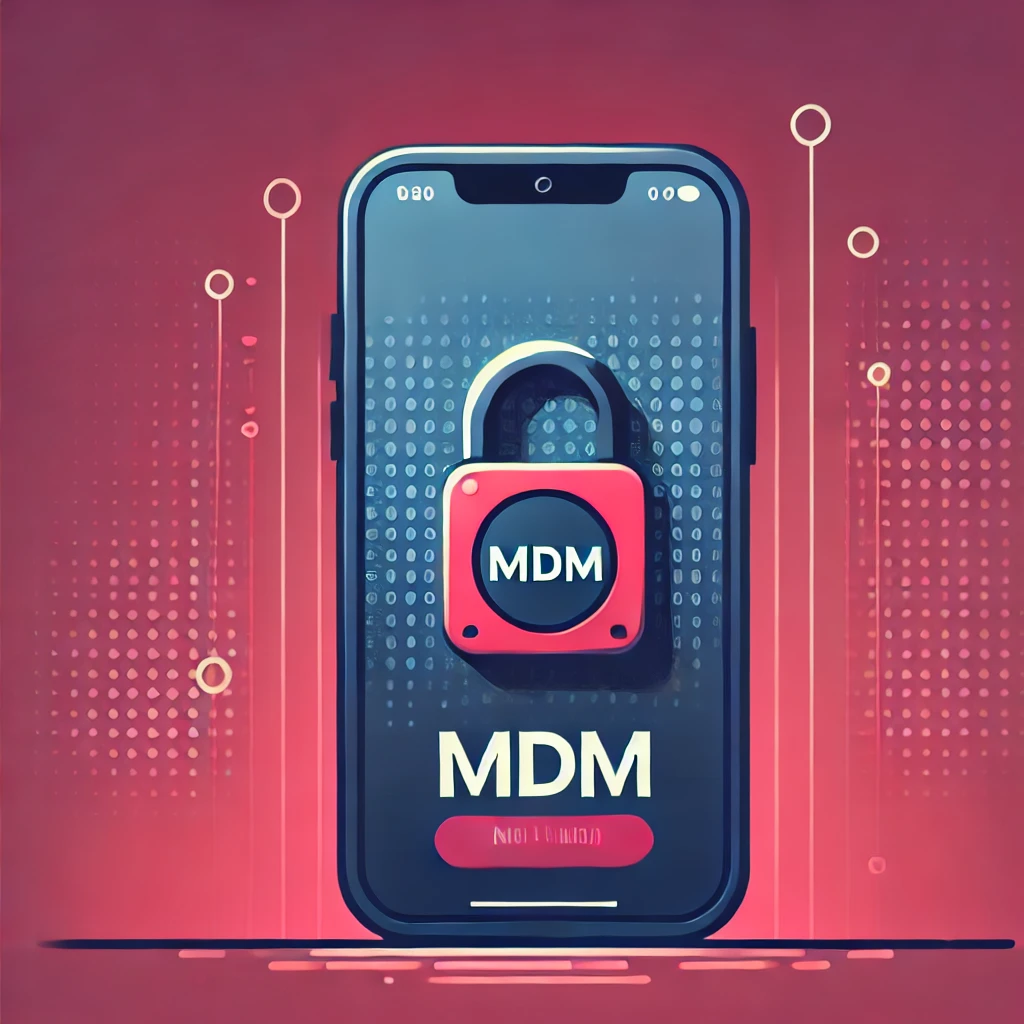There’s a moment in every company’s journey when it becomes clear: it’s time to level up. Not just in revenue, not just in headcount, but in cybersecurity. The problem? Too many companies wait until they “feel big enough” before they make real moves in security. That’s a mistake. Why Do Companies Wait The common thought process goes something like this: But here’s the reality: cybersecurity isn’t something you scale after you grow. It’s how you enable safe growth. The Breaking Point: When “Later” Becomes Too Late At some point, every…
Read MoreDay: February 13, 2025
MDM vs. Privacy: How IT Can Secure Mobile Devices Without Invading Employee Privacy
“Whose Phone Is It Anyway?” – The Privacy Dilemma of Mobile Device Management Imagine this: You start a new job, and IT hands you a policy—install corporate security software on your personal phone, or risk losing access to work apps. Suddenly, you wonder: Can my boss see my private messages? Is IT tracking my location? Welcome to the Mobile Device Management (MDM) dilemma—where IT security and employee privacy collide. Organizations need to protect corporate data on mobile devices, but employees fear invasive monitoring on their personal phones. So, is there…
Read MoreThe Truth Detector: How Recruiters Spot Lies and Exaggerations in Job Interviews
Recruiters are trained to assess not just skills and experience, but also honesty. In today’s highly competitive job market, some candidates stretch the truth to appear more qualified, whether by inflating past roles, fabricating skills, or covering gaps in employment. So, how do top recruiters separate fact from fiction? This article explores the psychological techniques, behavioral cues, and AI-driven tools recruiters use to detect dishonesty during job interviews. Why Candidates Lie in Job Interviews Most candidates don’t set out to outright fabricate their work history, but small exaggerations can snowball…
Read MoreThe Magic Quadrants of Cybersecurity | How Analysts Shape the Industry
Businesses and IT leaders rely on analyst firms like Gartner, Forrester, and IDC to guide them through complex technology decisions. These firms use structured methodologies to evaluate security solutions, shaping the industry through their Magic Quadrants, Wave Reports, and MarketScape assessments. This article explores how these “magic cubicles” measure and rank cybersecurity vendors, the methodologies behind their frameworks, and the impact they have on businesses worldwide. The Role of Analyst Firms in Cybersecurity Analyst firms play a critical role in defining industry standards, influencing purchasing decisions, and validating emerging cybersecurity…
Read More


